Defining "Woman" In UK Law: A Critical Analysis Of Its Impact On Transgender Rights And Sex-Based Protections
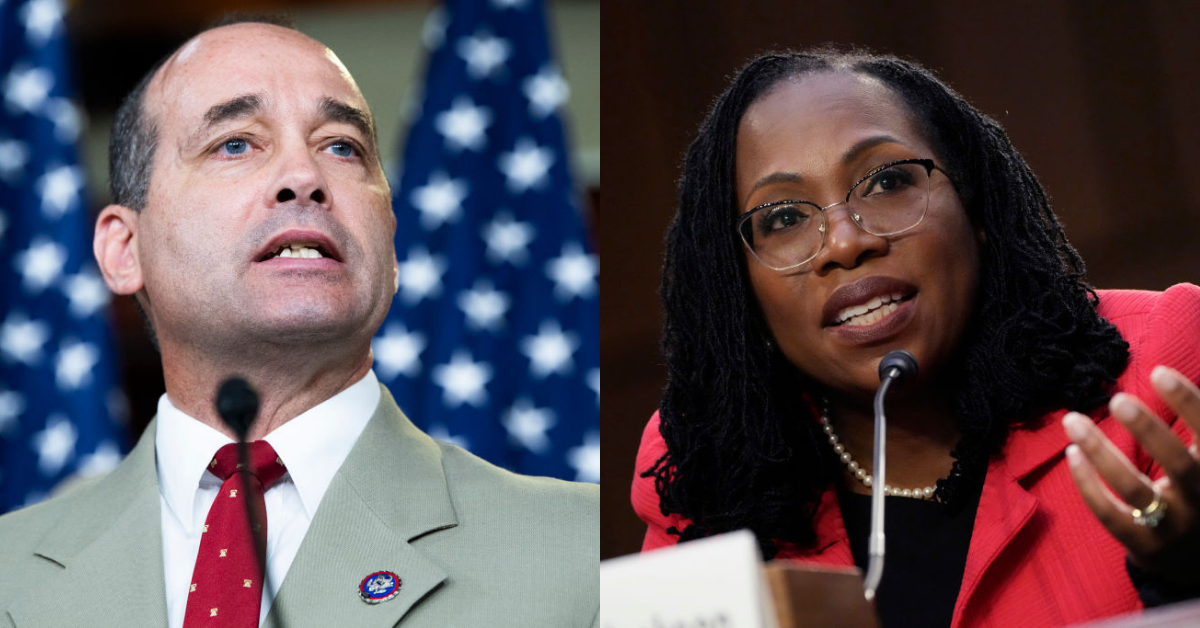
Table of Contents
The Current Legal Framework: Defining "Woman" in UK Legislation
The UK's legal framework regarding gender and sex is far from straightforward, leading to significant challenges in defining "woman." This ambiguity creates ongoing debate and legal battles.
The Equality Act 2010 and its Ambiguities
The Equality Act 2010 is the primary legislation addressing equality and discrimination in the UK. However, it lacks an explicit definition of "woman," relying instead on the terms "sex" and "gender reassignment." This ambiguity has led to inconsistent interpretations in various legal cases.
- Conflicting interpretations: Courts have interpreted the Act differently in cases involving sex and gender, leading to contradictory outcomes. This inconsistency undermines legal certainty and creates difficulties for both transgender individuals and those seeking to uphold sex-based protections.
- Impact on legal challenges: The lack of a clear definition makes it difficult to bring successful legal challenges based on sex discrimination, particularly for transgender individuals. The ambiguity leaves room for differing judicial interpretations, sometimes resulting in unfair outcomes.
- Limitations of Gender Recognition Certificates (GRCs): While a Gender Recognition Certificate (GRC) allows a transgender person legal recognition of their acquired gender, it doesn't automatically grant access to all sex-based protections or services. The limitations of GRCs are a key part of the ongoing debate around defining woman in UK law.
Gender Recognition Certificates (GRCs) and Their Limitations
The process of obtaining a GRC in the UK is complex, lengthy, and potentially costly, creating significant barriers for transgender individuals seeking legal recognition of their gender identity.
- Lengthy and costly process: The current process requires a diagnosis of gender dysphoria, living in the acquired gender for at least two years, and a significant financial investment. This creates a barrier for many transgender individuals.
- Restrictions on access: The requirement for a diagnosis of gender dysphoria excludes some transgender people from obtaining a GRC. The debate around self-identification versus the current medical model is central to the discussion on improving the GRC system.
- Limited impact on access to services: Even with a GRC, access to single-sex spaces and services remains contested, highlighting the limitations of the current system in fully protecting transgender rights while also protecting sex-based protections. The need for clarifying legislation is clear.
The Impact on Transgender Rights
The lack of a clear definition of "woman" in UK law significantly impacts the rights and experiences of transgender individuals.
Access to Services and Healthcare
Transgender women often face significant barriers in accessing services designed for women, including healthcare and domestic violence support.
- Denial of access: Transgender women have reported being denied access to healthcare services, such as gynecological care or breast cancer screenings, due to their transgender status.
- Misgendering and discrimination: Within healthcare settings, misgendering and discriminatory practices can create significant distress and barriers to receiving appropriate care.
- Impact on mental health: The challenges faced by transgender women in accessing appropriate services can negatively impact their mental health and well-being, highlighting the urgent need for improvements.
Discrimination and Harassment
Transgender women experience disproportionately high rates of discrimination and harassment, both in legal and social contexts.
- Employment discrimination: Transgender women may face discrimination in employment, including hiring, promotion, and workplace harassment.
- Housing discrimination: Access to safe and affordable housing is also a challenge for transgender women due to prejudice and discrimination.
- Public spaces and transphobia: Transgender women experience high levels of harassment and violence in public spaces, highlighting the significant impact of transphobia on their daily lives.
The Impact on Sex-Based Protections
The debate surrounding the definition of "woman" also raises concerns about the potential erosion of sex-based protections for women.
Protecting Women's Spaces and Services
The inclusion of transgender women in women's spaces and services has prompted discussion and debate, raising questions about the potential impact on the safety and privacy of cisgender women.
- Arguments for and against single-sex spaces: There are strong arguments both for and against maintaining single-sex spaces, highlighting the complexities and sensitivities involved in creating inclusive policies.
- Potential risks and benefits: A careful evaluation of the potential risks and benefits of inclusive policies is necessary to ensure the safety and well-being of all individuals.
- Case studies and policy debates: Examining case studies and analyzing ongoing policy debates helps inform a more nuanced understanding of this issue.
The Importance of Maintaining Sex-Based Data and Research
Collecting and analyzing sex-disaggregated data is crucial for understanding and addressing health inequalities and informing effective policies for women's health.
- Impact of conflating sex and gender: Confusing sex and gender in data collection can obscure important insights into women's specific health needs and vulnerabilities.
- Sex-specific health risks: Understanding sex-specific health risks and vulnerabilities is essential for developing targeted interventions and improving women's health outcomes.
- Consequences for women's health services: Failure to collect and analyze sex-disaggregated data can lead to inadequate planning and resource allocation for women's health services.
Conclusion
The legal definition of "woman" in the UK remains a highly complex and contested area, significantly impacting the balance between transgender rights and sex-based protections. The ambiguities within existing legislation require careful consideration and ongoing dialogue. Striking a balance that respects both the rights of transgender individuals and the need for effective sex-based protections is paramount. Future legal reforms must address the limitations of the current system, considering the lived experiences of transgender individuals alongside the ongoing need for robust safeguards for women. Continued discussion and research surrounding defining woman in UK law is vital for achieving a more equitable and inclusive society for all. We urge continued engagement in this critical conversation.

Featured Posts
-
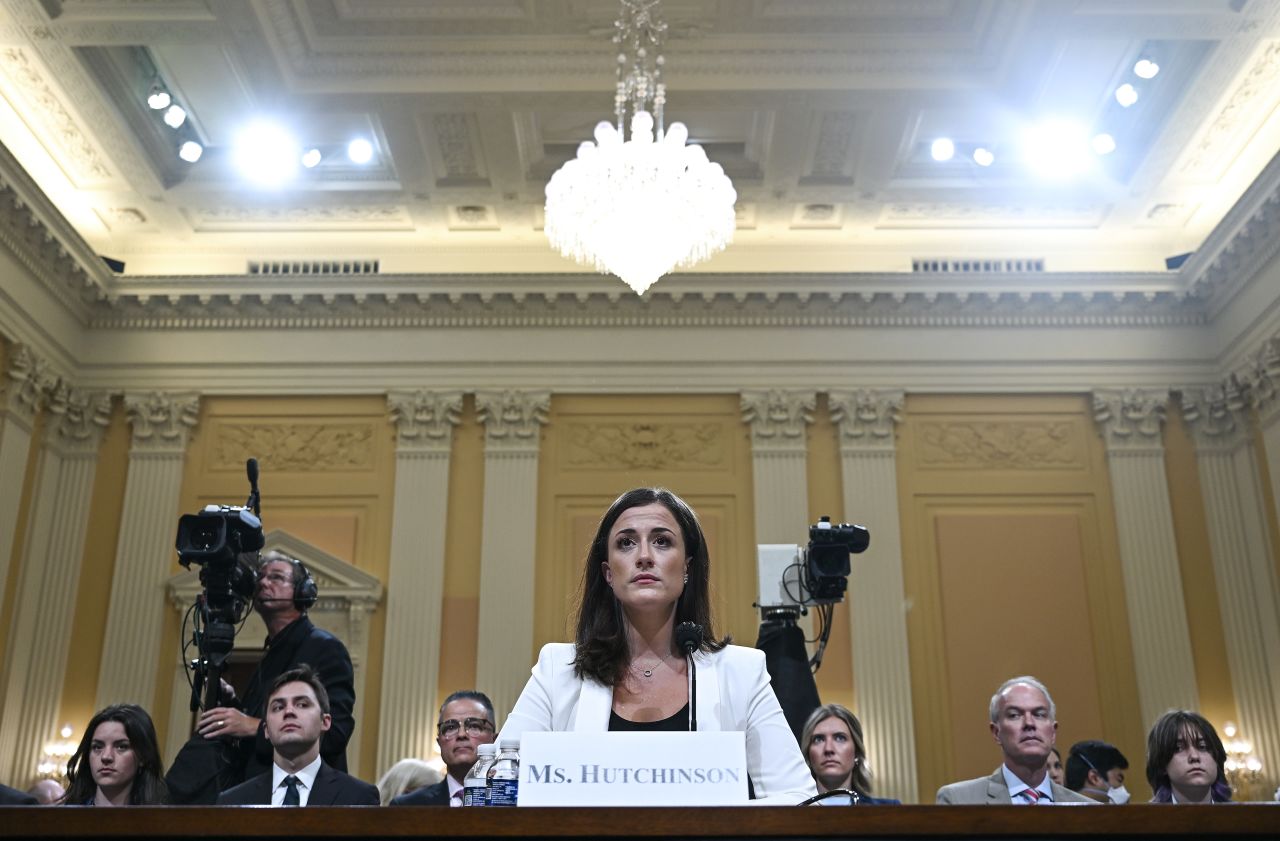 Jan 6 Hearing Star Cassidy Hutchinson Announces Fall Book Release
Apr 29, 2025
Jan 6 Hearing Star Cassidy Hutchinson Announces Fall Book Release
Apr 29, 2025 -
 Choosing Between One Plus 13 R And Pixel 9a Performance Camera And Value
Apr 29, 2025
Choosing Between One Plus 13 R And Pixel 9a Performance Camera And Value
Apr 29, 2025 -
 Will Trump Pardon Pete Rose The Push For Baseball Hall Of Fame Entry
Apr 29, 2025
Will Trump Pardon Pete Rose The Push For Baseball Hall Of Fame Entry
Apr 29, 2025 -
 Baseball Legend Johnny Damon Trump Is Right Pete Rose Deserves Hall Of Fame Spot
Apr 29, 2025
Baseball Legend Johnny Damon Trump Is Right Pete Rose Deserves Hall Of Fame Spot
Apr 29, 2025 -
 British Court Ruling Vatican Wins Case Against London Real Estate Fraud
Apr 29, 2025
British Court Ruling Vatican Wins Case Against London Real Estate Fraud
Apr 29, 2025
Latest Posts
-
 Obrushenie Gorki Postradavshie V Tyumeni Otkazalis Ot Gosudarstvennoy Pomoschi
Apr 30, 2025
Obrushenie Gorki Postradavshie V Tyumeni Otkazalis Ot Gosudarstvennoy Pomoschi
Apr 30, 2025 -
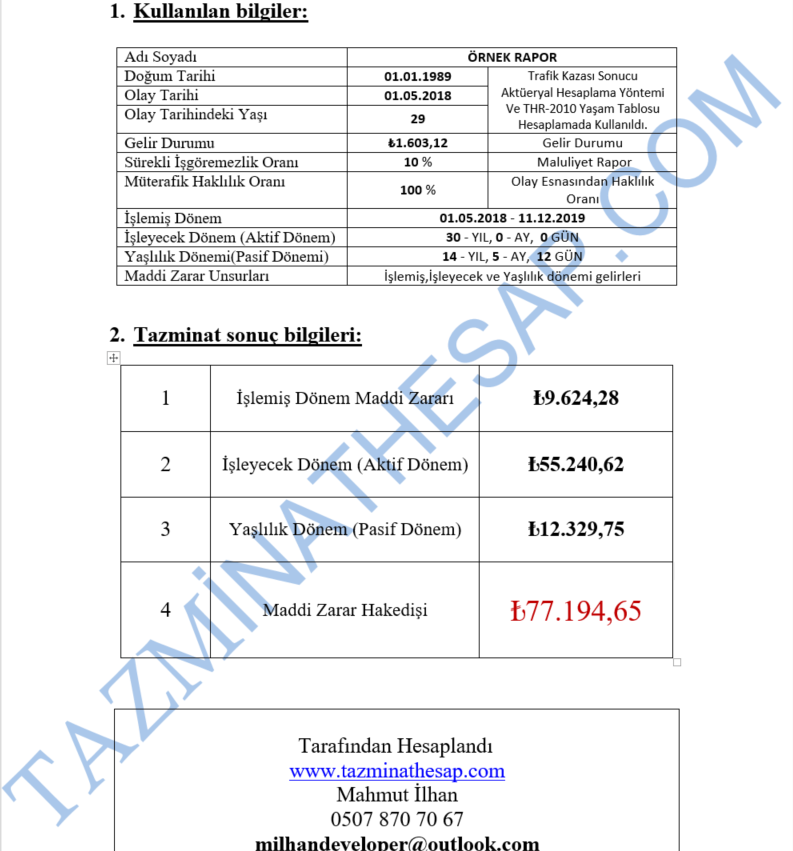 Nevsehir De Meydana Gelen Kayma Kazasi Yueksekten Duesme Sonucu Yaralanma
Apr 30, 2025
Nevsehir De Meydana Gelen Kayma Kazasi Yueksekten Duesme Sonucu Yaralanma
Apr 30, 2025 -
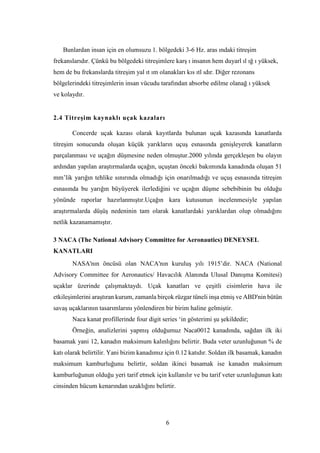 Yueksekten Duesme Kazasi Nevsehir De Goeruenmez Tehlike
Apr 30, 2025
Yueksekten Duesme Kazasi Nevsehir De Goeruenmez Tehlike
Apr 30, 2025 -
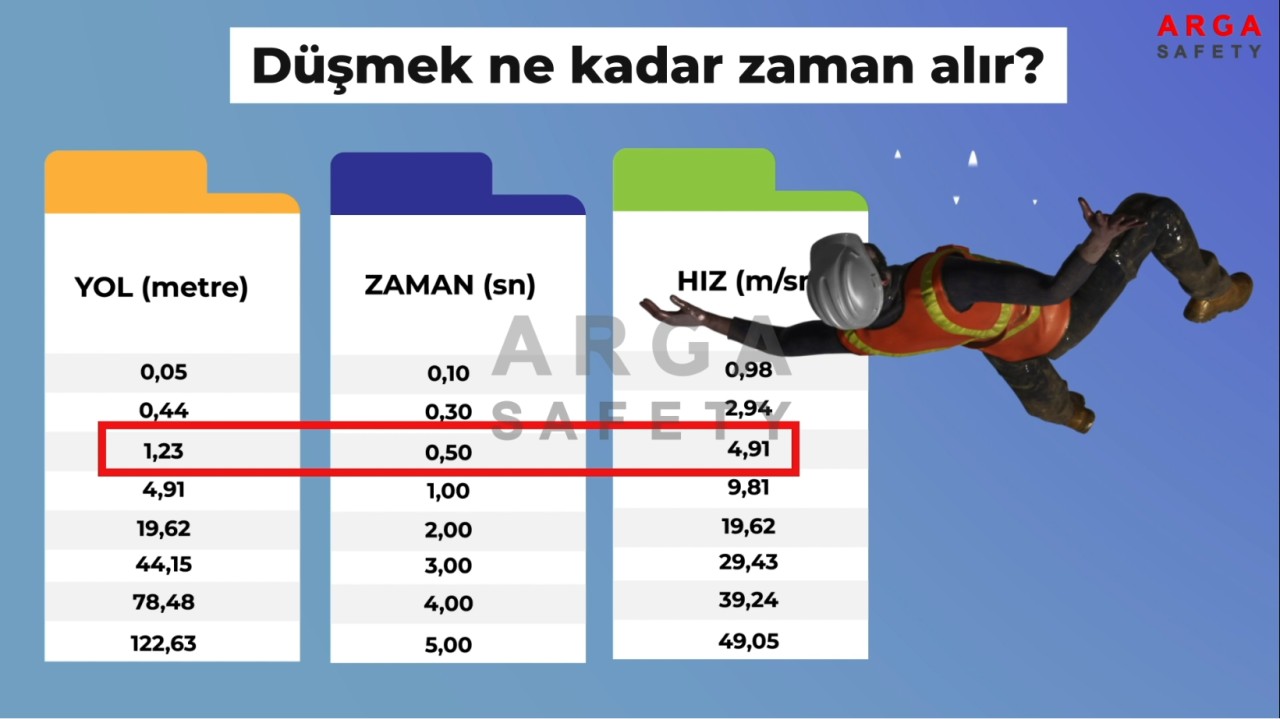 Nevsehir De Olusan Goeruenmez Kaza Yueksekten Duesme
Apr 30, 2025
Nevsehir De Olusan Goeruenmez Kaza Yueksekten Duesme
Apr 30, 2025 -
 Tyumen Obrushenie Gorki Postradavshie Otkazyvayutsya Ot Pomoschi
Apr 30, 2025
Tyumen Obrushenie Gorki Postradavshie Otkazyvayutsya Ot Pomoschi
Apr 30, 2025
